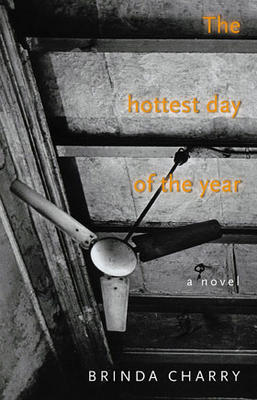
THe main characters in this novel may not be that easy to relate to, but they are quite believable---Janaki, the aunt, is stoic to start with, keeping a very low profile, playing out her role of a young Indian widow just as society expects her to, but there is a streak of independence in her that refuses to be suppressed.
Sudha, the young house-help, who is a budding beauty. Her beauty and youth don't go unnoticed for long and soon she captures the attention of Sunder, her employer. Given her status, I am sure she feels privileged to share his bed, however, like all women, I am sure she thought that one day he would perhaps marry her. When things don't turn out as she expects, the story starts to reach its climax.
Sunder, our protagonist's uncle and Janaki's brother, performs his patriarchal duties by giving shelter to his widowed sister and to his niece. He does so uncomplainingly but detachedly. It is hard to know if he just 'used' Sudha for his own pleasure or if he really cared for her.
Nithya is our extraordinary protagonist whom I have already introduced.
This was an easy uncomplicated read mainly due to the fact that it was narrated by an 11-year old. Even though it had some exciting twists and turns, the entire novel radiates a sense of dreamy languorous charm and oh, of incredible and not-able-to-move-a-limb heat.
This book would be a popular book club choice because there are a number of cultural issues that can be discussed at length: The role and treatment of widows in India, the Indian caste system and how it predetermines one's place in society, the pros and cons of living in a small town, suicide, the merits and demerits of a patriarchal society and many more.
A note about the author, Brinda Charry:
A native of Bangalore, India, Brinda Charry teaches "Writing and English" at Syracuse University in upstate New York, where she is pursuing her doctorate in English Lit.

